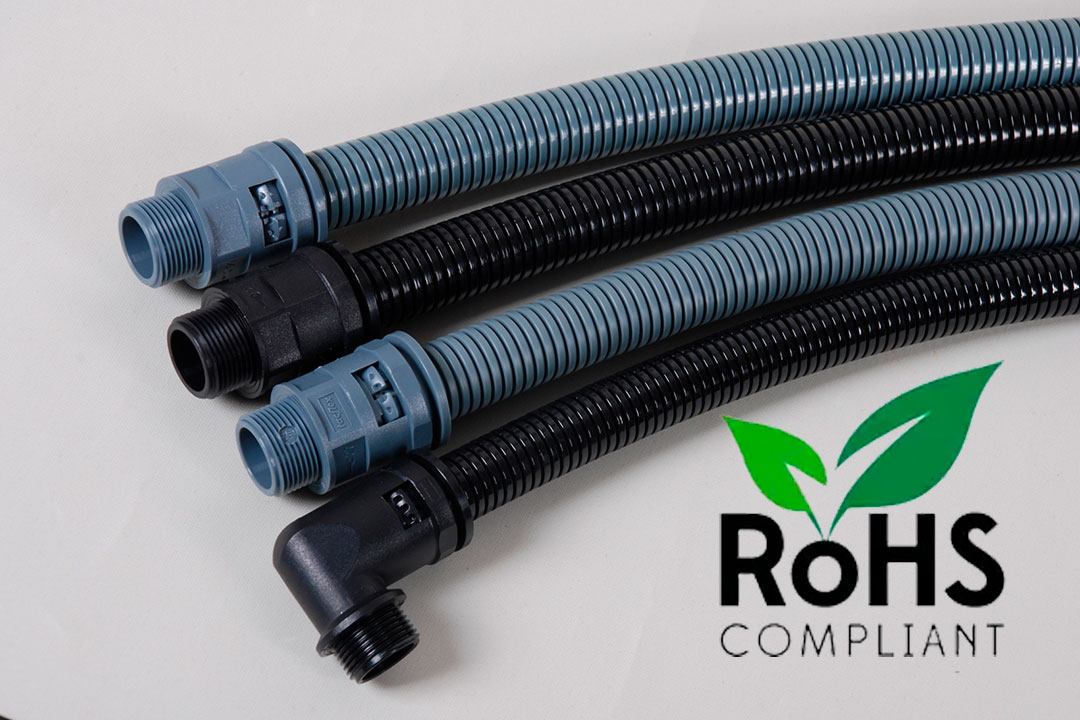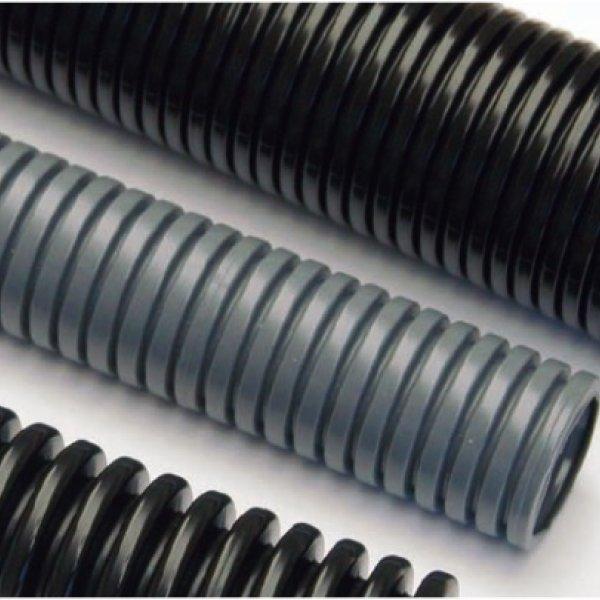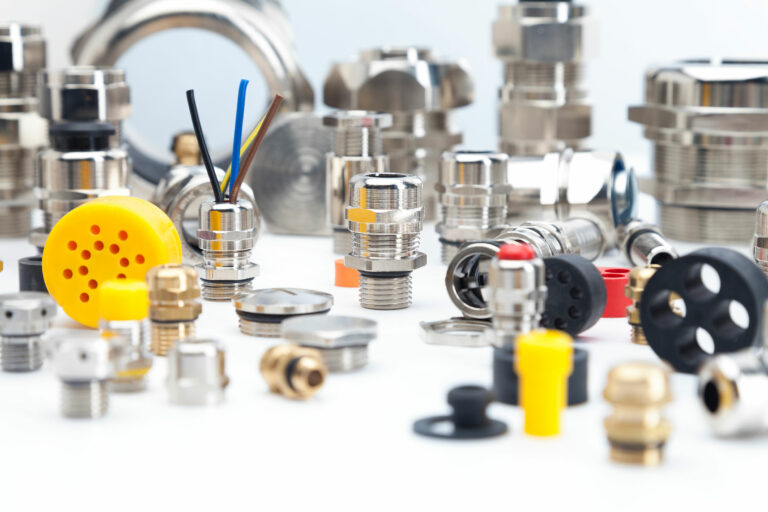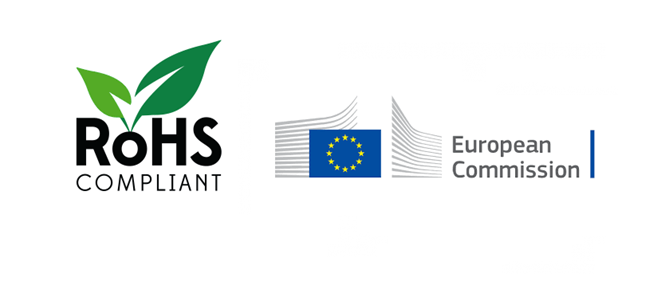What you need to know about RoHS regulations
The RoHS regulations is the set of European Union regulations that restrict the use of hazardous substances in electrical and electronic equipment to protect the environment and public health. Its acronym comes from the English Restriction of Hazardous Substances in Electrical and Electronic Equipment.
The RoHS regulations seeks to prevent the risks that the management of electrical and electronic waste may present for human health and the environment, therefore, it restricts the use of certain dangerous substances that can be replaced by safer alternatives. These restricted substances include heavy metals, flame retardants or plasticizers.
All products on the European Union market must comply with the RoHS regulations after its entry into force on July 1, 2006. Any company that sells directly applicable electronic products, subassemblies or components to European countries, or that sells to resellers, distributors or integrators that in turn sell products to European Union countries must then comply with the RoHS regulations.
The substances that are regulated by RoHS regulations They are lead, mercury, cadmium, hexavalent chromium, polybrominated biphenyls, polybrominated diphenyl ethers and four different phthalates. The reason for this ban is that these materials are very hazardous to the environment, pollute landfills, and pose a risk in terms of occupational exposure during manufacturing and recycling.
To verify compliance with the RoHS regulations Portable RoHS analyzers, also known as X-ray fluorescence or XRF metal analyzers, are used. The process includes the review of documentation (list of materials, assembly drawings, material declarations for each component and product, test reports and certificates of conformity), the audit that involves all manufacturing processes , on-site testing to verify the values of substances regulated by the RoHS regulations and, after successfully completing all the steps, the delivery of a certificate.
Any company that sells applicable electrical or electronic products, equipment, subassemblies, cables, components or spare parts directly to RoHS-directed countries, or that sells to resellers, distributors or integrators who in turn sell products to these countries, will be listed. obligation to comply with the RoHS regulations.
Certain products and applications are currently exempt from compliance with the RoHS regulations. These exemptions generally cover various types of military, industrial, scientific, renewable energy, and medical equipment. Replacement parts for equipment marketed before July 1, 2006 are also generally exempt from the RoHS regulations (but replacement parts for newer equipment are not).






